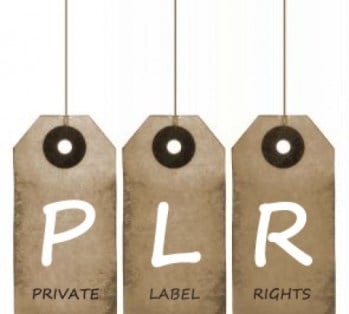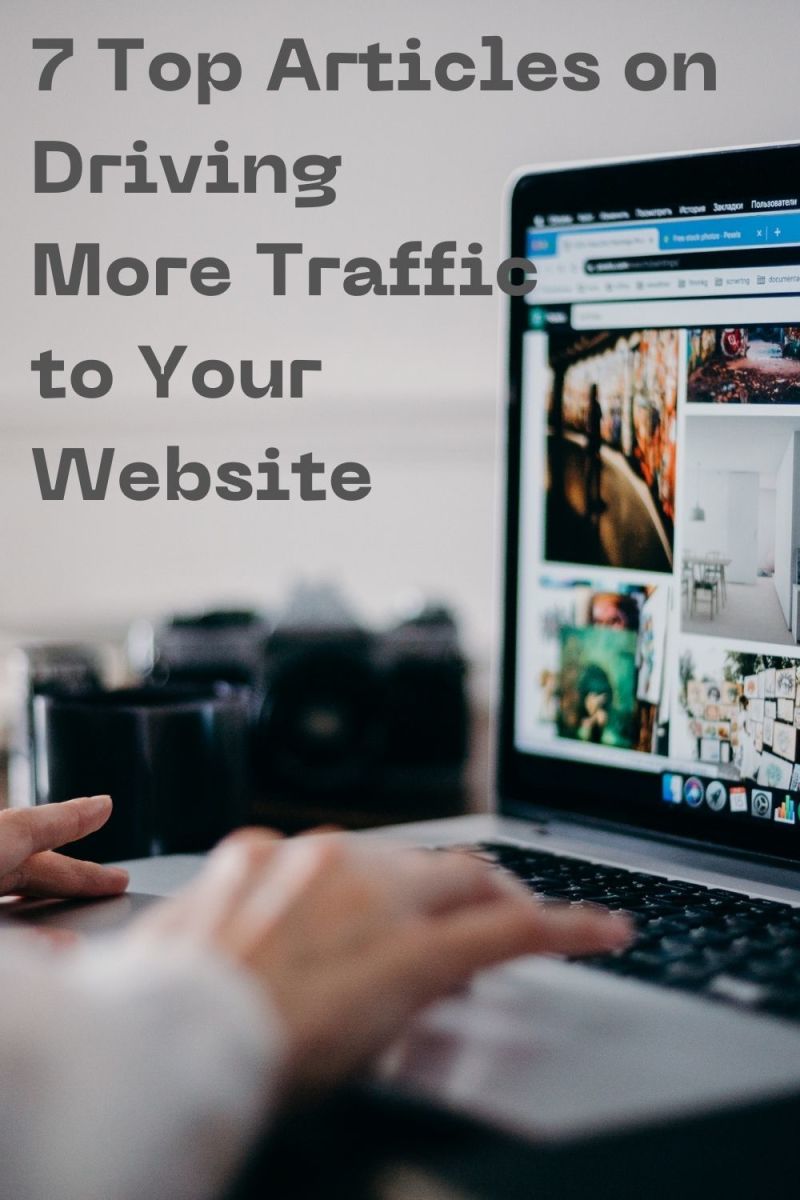Defining Private Label Rights
Reprint rights - Original ??!
There is a mixture of definitions found now for both reprint rights and private label rights, yet ... overall, reprint rights mean that you have the rights to redistribute works done by another author that was all or not already published. Reprint rights are not limited to internet business, still they are most popular among them now.
In terms of master reprint rights, it means that you have complete ownership. You can then 're distribute' the product and from there trade the partial 're print' rights for the product. You can even sell the master rights to a product. This means you can purchase full rights to a thirty chapter eBook from someone and sell the partial rights to each chapter in the book. From there you can resell other parts of the book or sell the master rights to the entire eBook. The people who purchase the partial rights to chapters from the eBook are allowed to 're write' part of the content and 're distribute' it as their own.
These rights vary from copyrights entirely and are only in reference to a means of distributing content. However, ... the criteria for these rights are contingent upon the actual agreement. Based on the agreement, you may or may not have the rights to ...
- Give away the unchanged product
- Give away a branded version of the product with your links
- Package the product with other products
- Give the product away as a bonus
- Use the product as web content only
- Break the product into smaller articles only
- Offer the product through auction sites
- Offer the product in the form of a paid membership area only
- Alter the product
- Allow buyers to resell the rights of the product

Covered by these 're write' rights are morely Reports, Documents, eBooks, Software, Graphics, and Articles. You are able to use private label rights in order to expand an existing product line, increase the professionalism of your existing products, or enter into other markets without product development.
In case you agree to terms which allow you to alter the content and then present it as though you were the author or creator, then you have found a valuable purchase assuming that you have assessed the quality of the product and it is good. It is important to note that just because you obtained the rights does not mean you own the product, unless it is explicitly stated in the agreement. You also can not distribute the product in any manner you choose unless it is explicitly stated in your agreement. A good rule is to assume that you can not distribute or reprint the content as your own unless the seller says it is oke.
On how to find and use these rights
In case you have an online business, it is no secret that it is in need of a constant stream of information and content which is engaging. This can come in the form of blogs, newsletters, information on products, or print books sold online. The problem for many business owners is finding content which has the quality to keep your business expanding.
While some PLR products can be bought and sold through membership websites, there are great websites out there which offer articles and blog content for pennies each. You can select only content you need instead of being forced to buy large block groups of articles and information which might vary from month to month.
There are packs available online for particular niche markets which leaves you in control. These are great because you don’t have to buy more than you need, which saves you of buying content which you can not use.
It is beneficial to find content which has gone through an editing process from both the writer and an editor, ensuring quality. With more than one mind you might add ideas and value to any content. With limited distribution you have access to better quality PLR products. It is better to have content on your website which can not be found on literally thousands of other websites, yet ... rather just a few or none at all.
By using websites that offer packages, you can instantly download the content and begin editing in a standard word processing program. In addition to the origins of copyrights and 're write' laws, 're write' rights have a history contained in and developed from online forms of marketing.

Educate yourself ...
When you want to make money online you need to understand that it is difficult and will take a lot of continual effort.
You will not replace your income overnight.
It is best to educate yourself on all of the ways that internet marketing works so that you have a better understanding of each type of marketing. The best ways you can generate traffic is to utilize search engine optimization. This means that you incorporate words in your domain name, your blog, or your ads which will generate the most results when people conduct searches online. You can even use your private label rights content to compose your ads ...
It is easy to get excited about ads and the income you can make with them, still be sure to limit the ads which you place on your blog so that it doesn’t get too overwhelming and drive your followers crazy. You should ensure that your website is still aesthetically pleasing to your visitors and clients.
Influencing factors and SEO
There are factors influencing demand for 're write' rights and one of those is website traffic. Any website needs traffic in large amounts in order to survive. By purchasing some rights to materials that fit within a market, a website owner can utilize words with SEO to generate additional traffic.
SEO, or search enging optimization, is a way to market your products or services for free using a list of the most popular words related to your company and including them throughout your website. It is a method for increasing traffic to your site through articles, ads, or anything else that can incorporate specific words and phrases.
Your business can benefit from SEO financially because utilizing SEO is free, and it can also help your business by generating additional traffic. This means that you can make more money through more customers without having to invest additional money in another company. It can cost when you hire writers to incorporate SEO content for your website via articles or blogs.
Articles and private label rights
Earnings can be done through all digital products including articles, eBooks, Graphic templates, and Software. As the writer there are great ways to make money.
Taking articles for example, ... as the writer, you can utilize the articles which you write as a means of generating income by selling part of the rights to numerous clients.
Since articles can cover a variety of measures, it is important to find a niche market and cover that in great detail. The more articles you can write in a particular niche market, the more you have to offer competing companies in that market.
Regulations ... are there any ??!
So, ... for as long as we understand the structures within various markets, we can know precisely how they will operate, right ??! Unfortunately, we can NOT know this because there are many types to which specific regulations and laws will apply to the operation, ... or even the creation of.
Regulations tend to be government laws that control businesses and consumers, and most are imposed as a means of preventing any general harm to the public or the market.
The most common forms for regulations will always include ...
- Industry regulations - these will prevent businesses from abusing any market controls that they might have or from gaining an unfair advantage.
- Social regulations - these are meant to protect consumers and the environment from unsafe products, pollution, and more.
For private label rights, there are still no real regulations from a social standpoint nor a business standpoint. All in all, the only regulations found now are those enforced by the author of the material.
It is important to verify the rules of the contract between you and the author.
I sincerely hope this article was informative and inspiring, wishing you all the best with your online explorations.
© 2018 Juan Robin II Levenswaard







